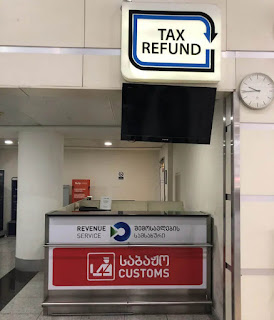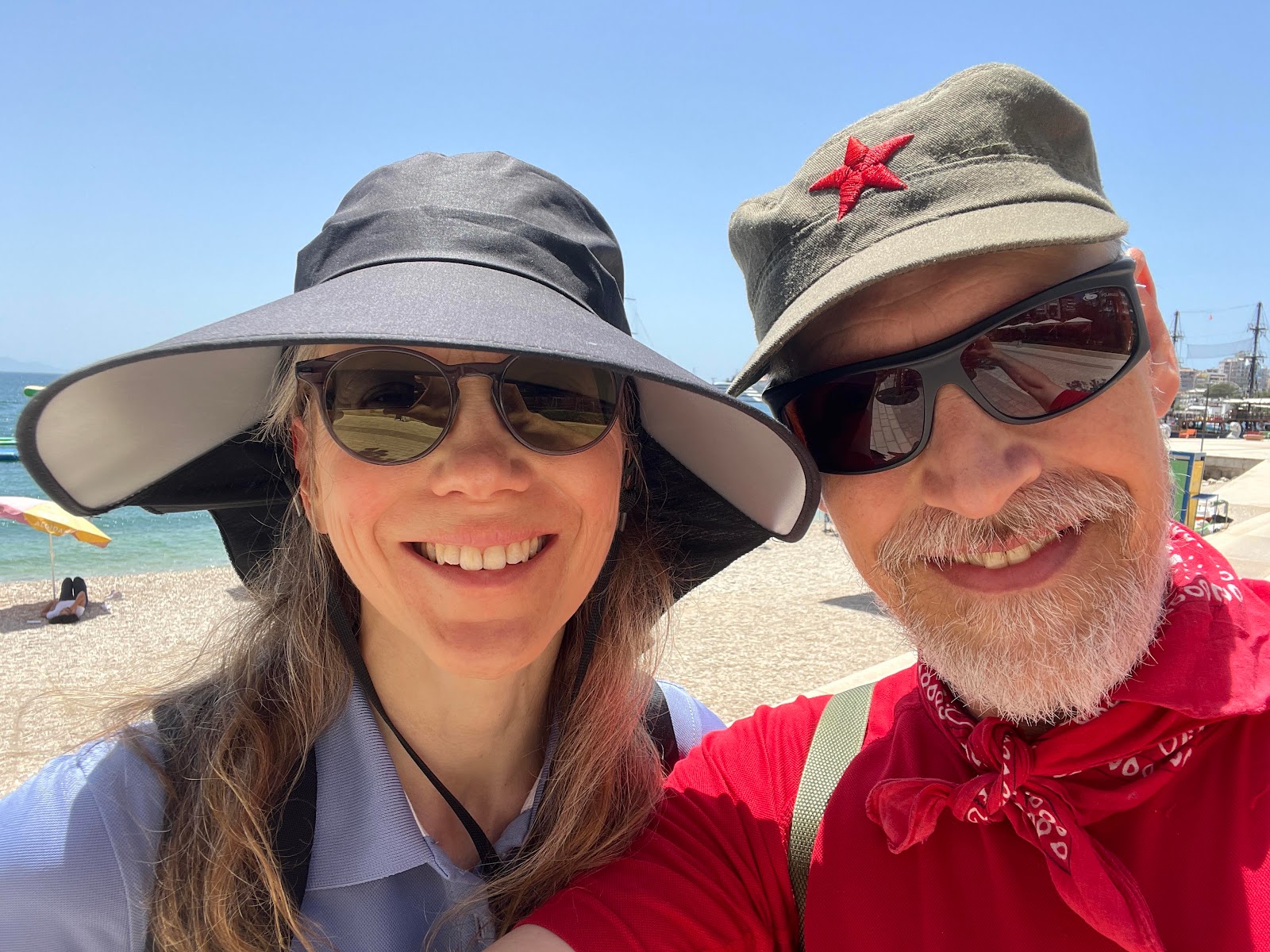Working in Oman, Omanization, and In-Country Value
Are you considering working in Oman? Read about Omanization and in-country value first to better understand the local working culture.
We had a glimpse into the corporate world in Oman. Many things stunned us and not the least the so-called "Omanization". It is an indigenous policy that aims at increasing the number of Omani staff. In Europe, the same policy is called 'discrimination'. While Europeans also prefer to deal with other Europeans, hiring is done more discreetly. The applicant is, for example, required to speak fluently the official language of the country, which is a considerable barrier considering the number of languages spoken in Europe. Or, if the applicant's skin colour, ethnicity or gender doesn't match expectations, the employer may blame fierce competition for rejection.
Omanization guides all human resources (HR) planning in Oman. This is a pity as there can't be innovation without outside influence. Oman has always been isolated and inbred. Today, this can be seen in the lack of higher education and professionalism in many fields, especially in IT, which we experienced first-hand.
The level of IT in Oman is like in Europe 15 years ago: minimal long-term planning and understanding of the systems and security. Even backups are missing. Omani universities don't produce proficient software engineers and IT managers. Most companies hire or recruit Indians, or Omanis travel to India to study IT. Nobody cares that only less than 5% of Indian software engineers are actually capable of developing software. One example is His Majesty Sultan Qaboos bin Said's website that has staggering 49 coding errors. The site does not support a single mobile device, and the 29-second loading time guarantees that only the most patient and devoted followers will wait to see it.
Unfortunately, the impact of highly educated, skilled professionals is not valued or understood in Oman. The country is more interested in implementing a policy called "In-Country Value" (ICV) to maximise the total spend retained in the country. Officially, ICV is supposed to benefit local business development, contribute to human capability development, and stimulate productivity, but in practice it's just short-sighted protectionism. In Europe, similar Mercantilist policies were ditched in the 18th century because of negative effects including trade restrictions that impeded growth rather than boosted it. Despite of its stellar GDP per capita, Oman is far behind its Western counterparts.
Management by tribes and religion
Besides Omanization, there are several other problems within the Omani business context. First, the Omanis are lacking in management and leadership skills. The country is hierarchical and management is associated with Sultan Qaboos rather than with business leaders. Dr. Richard Common, who has studied Omani businesses, writes: "when one discusses leadership in Oman, it is assumed reference is being made to the Sultan." This could be considered a joke elsewhere in the world but not in Oman. The Sultan is highly revered and sovereign. He is almost exclusively responsible for political, social and economic leadership in the country, and any initiative relating to public policy, business and economic direction is attributed to his leadership. Firms usually write on their websites that they owe an "indebtedness to His Majesty Sultan Qaboos bin Said for support". Such authoritarian rule is not a fruitful ground for development, because rigid, hierarchical structures don't encourage initiative, participation, and team work. If everybody is just expecting orders from above, nothing gets ever done.
Second, the governance of Oman relies on tribal loyalties as a source of legitimation, which leads to nepotism. Individuals and their own accomplishments do not count; social criteria is the sole thing that matters. Foreigners, who are tribeless in locals' eyes, are treated like trash.
Third, Islam plays a major role in Omani business culture. The majority of Omanis (74%) practise Ibadhism that places high value on communal consensus and traditions rather than critical thinking and innovation. Sharia law is the law of Oman, and everything happens on Allah's will (insha'Allah). This complicates business. Doing long-term planning is impossible as everything is managed from Jannah, the paradise/heaven. Businesses and leaders often behave erratically and there is no way to predict anything because Allah works in mysterious ways.
The way ahead
Although we've seen quite a lot on our 12-year journey, we were genuinely flabbergasted by our experiences in Oman. As everywhere in the world, your view of a foreign country is greatly influenced by the people you meet. On our first visit, we met good and honest people, but our glimpse into the local business world revealed another reality. We are grateful for the experience. It taught us that there is a reason why the Gulf countries are still considered to be second (or sometimes even third) world countries.
Clearly, new blood and skills are needed, but thanks to the current management, HR and immigration policies that is impossible. What will Oman do when the country's oil industry will dry? This is not a rhetorical question. Reports by the country's biggest oil producer, Petroleum Development Oman (PDO), show that production in the country's main sites started to decline at an annual rate of 12 per cent at the turn of the millennium. If heavily oil-dependent Oman doesn't focus on higher education and doesn't want to attract foreign professionals to key positions either, the future looks bleak.

![The website of the supreme [IT] leader of the Sultanate of Oman Screenshot of the Sultan Qaboos website with a mobile phone](https://blogger.googleusercontent.com/img/b/R29vZ2xl/AVvXsEgrdNeGvvEXVLqumuNmPHc3AXVCHeOqArIUw3UCq6FujmyQHB4iDtUw8oiMtU4pQ_45Z0y-bDFF1QvMv5aUoPMhsUmddKmJW9Ysjn7OjZfcVH5ccIbhmdgxmWffRAysUFDV_28DCPNyvXxp/s320-rw/Qaboos-website-mobile.gif)










Comments